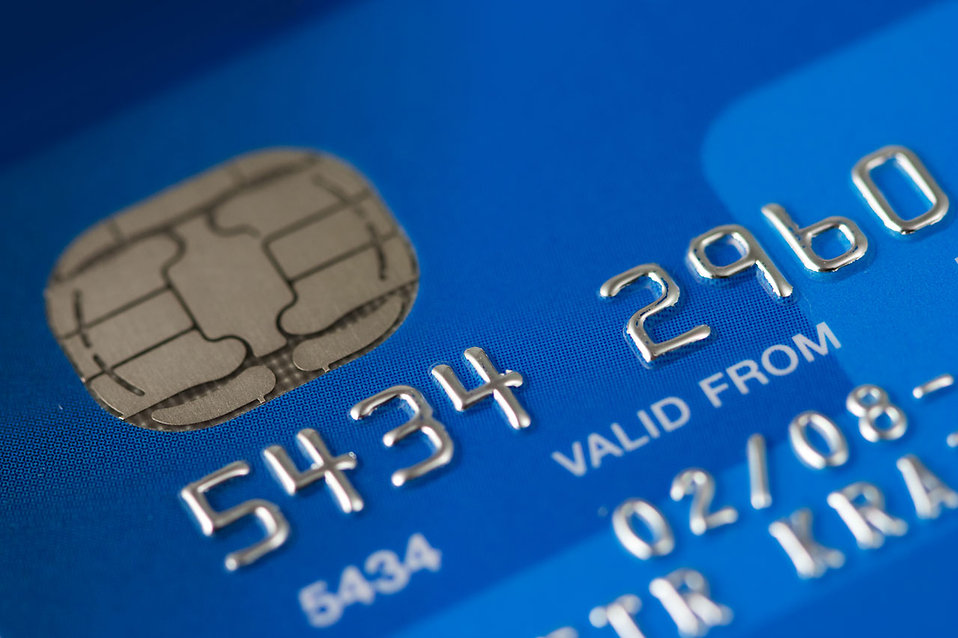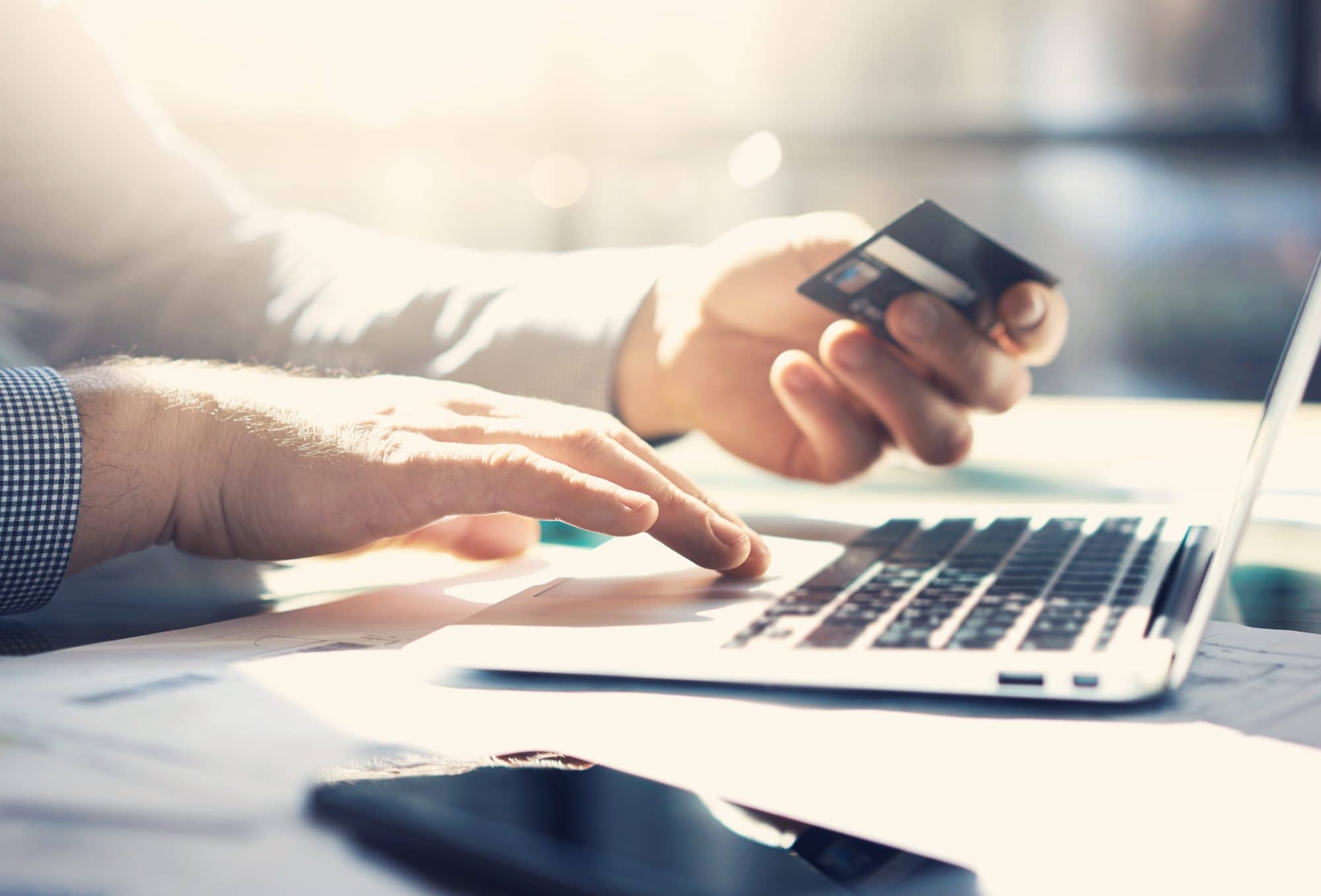With the holiday shopping season heading into its final frenzied stretch, scammers are out in full force to take advantage of busy shoppers. In particular, credit card fraud is rampant during this time of year. With most purchases paid for with plastic, scammers have their pick of vulnerable prey before the holidays. Stay safe this season and protect yourself and your cards from fraud with these safety measures and preventative tips:
Choose zero liability
If you can, choose a credit card with zero liability protection. This way, you won’t be responsible for any unauthorized charges made on your card.
Monitor your credit
Stay alert and learn about the first signs of fraud to your credit accounts by reviewing your credit card statements carefully. It’s also a good idea to enroll in available alerts so you are notified of unusual and/or large purchases made on your card, and transactions made in remote or obscure places. Most credit card issuers offer instant text or email alerts, which helps cardholders to be alerted to fraudulent activity so they can take action before it happens again.
Strengthen your passwords
Take some time out during this busy season to review the passwords on your accounts. Does each account have its own unique password? Are your passwords strong, using a combination of letters, numbers and symbols as well as varied capitalization use? If any passwords use your personal information, such as your date of birth, your hometown or your mother’s maiden name, change them. Easily cracked passwords like these can be used to hack into multiple accounts and can even lead to identity theft. Keep your passwords strong, and change them from time to time to prevent fraud.
Shop with caution
Be an alert shopper this holiday season to avoid falling victim to credit card fraud. Only shop reputable sites and avoid clicking on pop-up ads or links in emails coming from unverified senders. To confirm a site’s security, look for the lock icon before the URL and the “s” after the “http.” Finally, make sure you are using a device that’s using updated security settings and choose a VPN (virtual private network) if you must use public Wi-Fi.
Be wary of “support staff” calls from your credit card issuer
Some scammers resort to phishing calls for pulling off credit card fraud before the holidays. In these scams, a target will receive a phone call from someone who allegedly represents their credit card company or financial institution. The “support staff member” will tell the target there’s been an issue with their account and that it needs to be updated before the card can be used again. The caller will then ask the cardholder to share sensitive information, such as their card numbers, account details, passwords and more. Unfortunately, if the cardholder complies, they will be playing directly into the hands of a scammer.
If you receive a phone call like the one described above, hang up and block the number. You can reach out to your card issuer on your own to check if there really is a problem with your account; but chances are, everything will be in proper order.
Keep your cards close
Don’t forget to take basic precautions with your credit card this season, especially if you’ll be hitting a lot of shops before the holidays. Keep your card tucked into your wallet or purse. If you use a cardholder on your phone case, keep your phone in a safe place and make sure the card numbers are not visible to passersby. Finally, put your card away immediately after completing a purchase.
Take immediate action if there are signs of fraud
If you suspect your credit card has been stolen or hacked, alert your credit card issuer and financial institution immediately. Your old card will be canceled to prevent the scammer from making additional charges and you’ll be issued a new one so you can complete your shopping. Consider placing a credit freeze on your accounts as well, which will make it nearly impossible for the fraudster to open new accounts or take out loans in your name.
Stay aware this holiday season, and keep your money and your information safe!
RESOURCES:
https://www.chase.com/personal/credit-cards/education/basics/how-to-stop-credit-card-fraud-during-the-holidays
https://www.cnbc.com/select/how-to-prevent-credit-card-fraud-this-holiday-season/#:~:text=Holiday%20shopping%20is%20in%20full,credit%20card%20to%20purchase%20gifts.&text=While%20there’s%20the%20potential%20for,be%20charged%20for%20fraudulent%20charges.
https://moneyfit.org/blog/holiday-credit-card-fraud-guide




 Whodunnit? When we’re talking about credit card fraud, everyone’s pointing fingers at everyone else. Consumers tend to blame the credit card issuer, but the vulnerability usually lies with the point-of-sale terminal.
Whodunnit? When we’re talking about credit card fraud, everyone’s pointing fingers at everyone else. Consumers tend to blame the credit card issuer, but the vulnerability usually lies with the point-of-sale terminal. It’s Tax Time!
It’s Tax Time!



